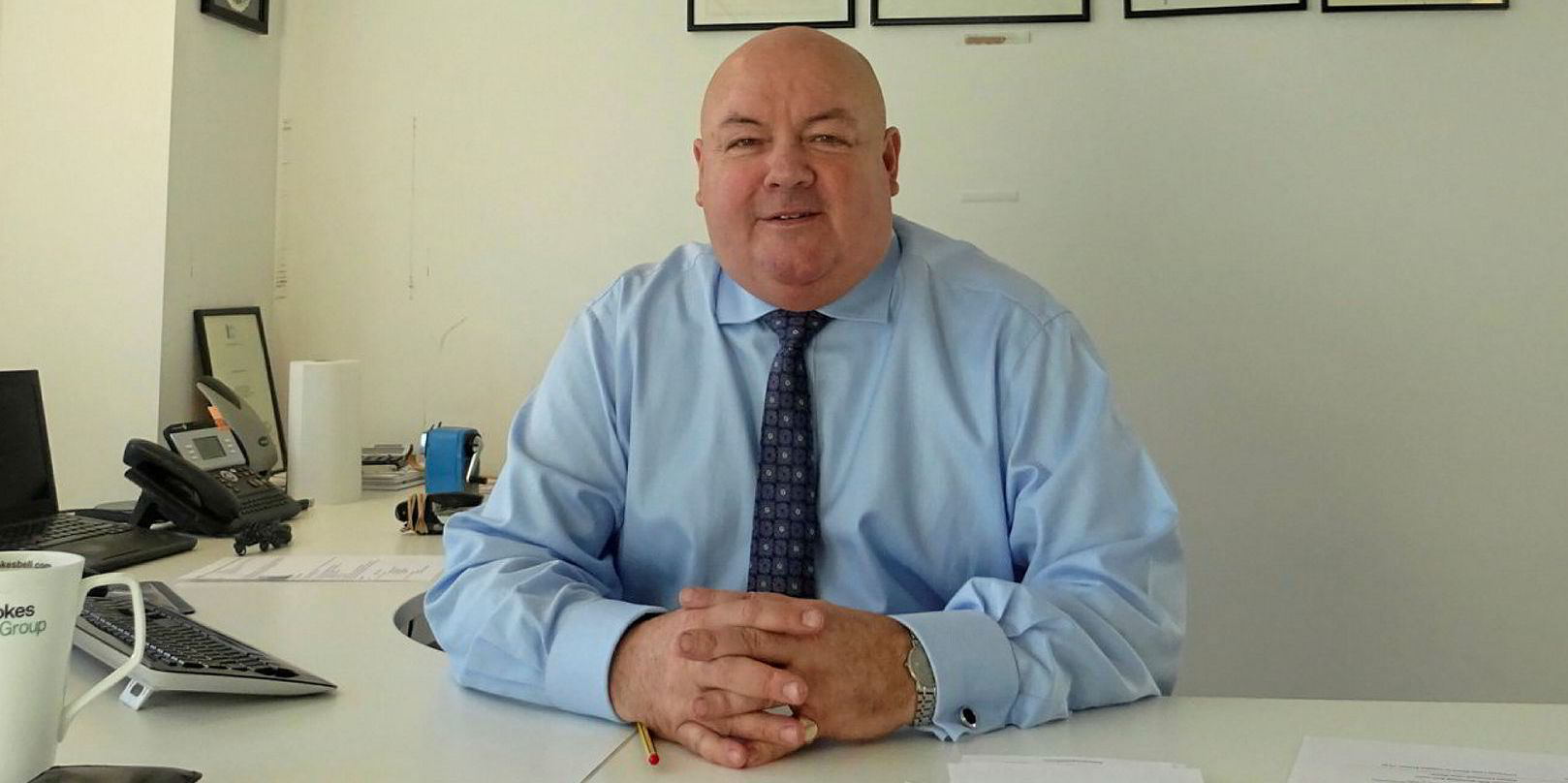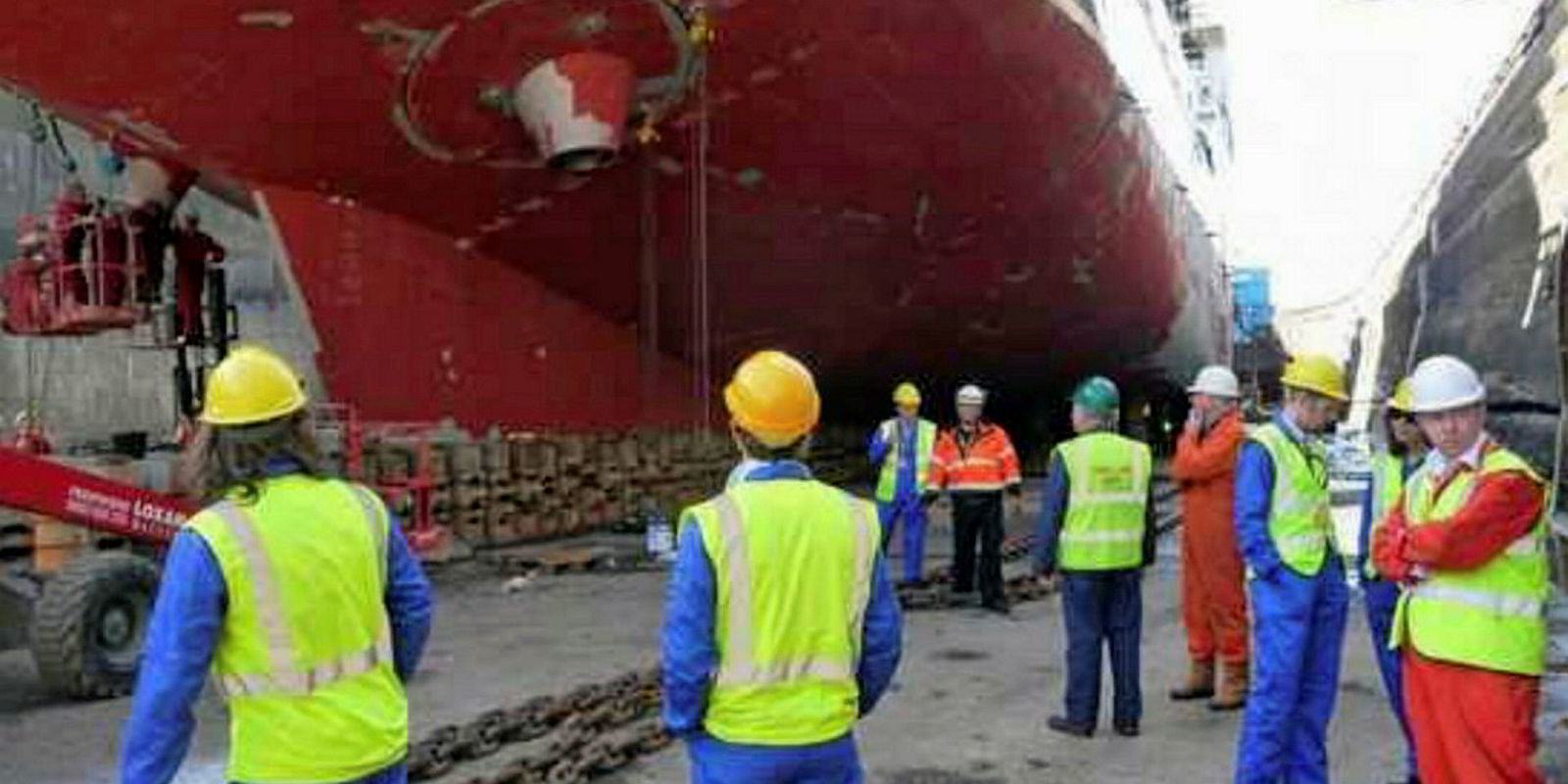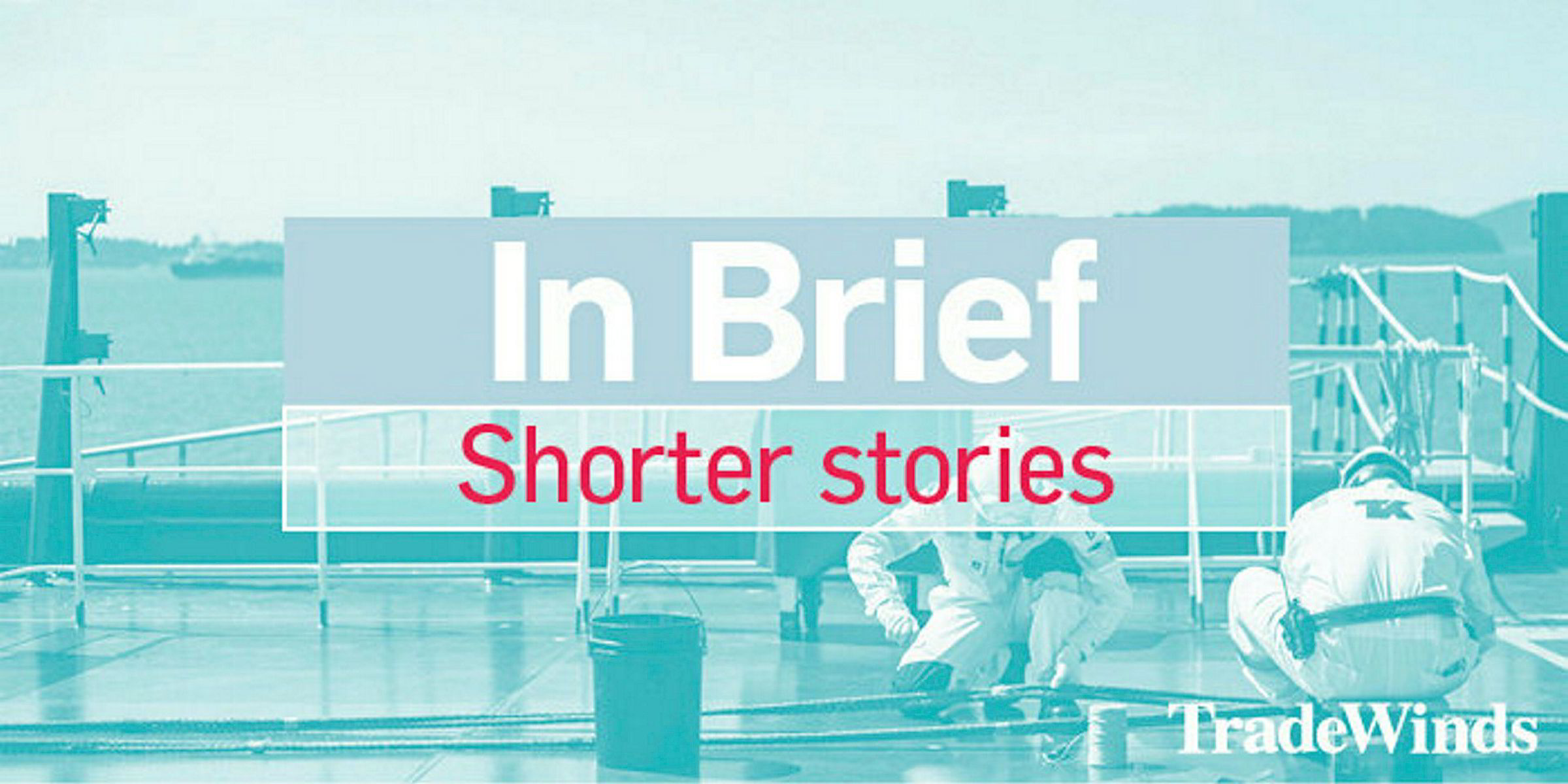The acquisition of technical consultancy Brookes Bell by Thomas Miller, manager of the UK P&I Club, raised eyebrows in the insurance industry when it was announced last year.
A major part of Brookes Bell’s business comes from accident investigation, expert witness and loss prevention instructions from protection and indemnity clubs. The view from the market was that surely most P&I mutuals would reconsider working with Brookes Bell because of its association with Thomas Miller.
Brookes Bell senior partner Ray Luukas admits a possible change of sentiment towards his business was a concern when the sale to Thomas Miller was proposed, but that fear has turned out to be unfounded.
“We were very sensitive to it and it was one of the first things we looked at,” he tells TradeWinds.
“But generally the message we got back from the other P&I clubs was quite positive. They said they would go where the best expertise is, regardless of ownership, and it’s proven to be the case. So far, we’ve had a good year, with more P&I instructions this year than last.”
The takeover also enabled Liverpool-based Brookes Bell to carry out its long-held expansion plans aimed at adding skills and facilities to meet changes in the market. That included taking on more scientists in response to the need for deeper forensic investigation into areas such as cargo-related casualties and fires and — ahead of IMO 2020 — fuel testing and fuel-related claims investigations.
Although Brookes Bell is upgrading its scientific expertise, some observers suggest it has fallen behind London rivals TMC Marine and LOC Group in terms of offering technical advice on salvage and wreck removals for P&I clubs and major hull insurers.
Ray Luukas hopes to address this through recruitment and by opening an office in the City of London financial district.
“We’re hoping to move into the City to be as close to Lloyd’s as possible to attract more hull and machinery work,” he says.
“A company like Brookes Bell should be in the centre of the maritime industry and I think we’ve been a little bit remiss in not letting the market know the skill sets we have.”
A planned joint metallurgy and fuel-testing lab in Liverpool could help position the company for that market and also help it continue to grow in land-based, offshore and energy businesses.
More services than ever
“With the takeover, we are able to start offering more services than before. On the marine side, we’ve strengthened our team of cargo scientists and we’ve also strengthened in fuel with 2020 in mind. We are one of the few companies with the full range of in-house expertise to handle fuel problems,” Luukas says.
“But we don’t want all our eggs in one basket, and we have a lot of skills that are complementary to marine and energy and land-based stuff. We’re mainly a traditional marine company, and probably always will be, but that does not mean we can’t diversify into other areas.”
Fuel testing is going to be an important part of the company’s work ahead of IMO 2020. The potential demand was brought home when it received more than 100 instructions related to last year’s problems over contaminated bunkers sourced in Houston.
Luukas says owners are justifiably cautious about the new low-sulphur fuels coming onto the market. “Owners don’t want their ships being used as test beds for these new fuels. Our advice is: if you’re not sure a fuel is safe, don’t use it.”
Partner and consulting scientist Martin Jonas says the increasingly complex nature of cargo-related marine casualties means more in-depth forensic analysis is often required to uncover the causes of fires such as the one onboard the 6,732-teu MSC Flaminia (built 2001) in 2012.
The traditional marine disciplines are no longer adequate, he suggests. “We always need to have scientific input, because generally these are dangerous chemicals and we need to identify the cargo in the containers and analyse if they have resulted in the fire. These are core scientific fields where more traditional nautical marine consulting disciplines have a more limited role,” Jonas says.
The firm has also been influential in accident investigation and loss prevention linked to bulk cargo liquefaction cases.
Another emerging market is in the passengership and yacht sectors. It has produced software used by Royal Caribbean Lines based on the IMO’s safe return to port regulation and hopes for similar projects to help owners meet upcoming regulations.





